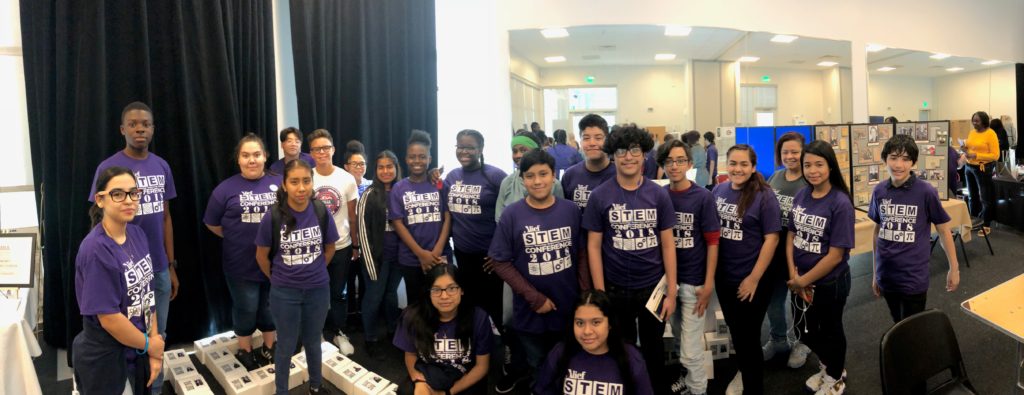By Heather Lafon

In early 2018 archeologists located the skeletal remains of ninety-five individuals on a Fort Bend Independent School District (FBISD) construction site. Buried in wooden caskets, the deceased are believed to be former slaves forced to work in sugar fields as convict labor on the Imperial Prison Farm. Texas leased out convicts from 1878 to 1910, offering landowners an alternative to slave labor in the post-Civil War era. The vast majority of the remains found were of men, ranging in age from fourteen to seventy, who showed signs of malnourishment, illness, and heavy physical stress.
In February 2019, efforts were underway to identify the remains, and FBISD is involved in a legal battle to determine if the remains will be reinterred on the current site, necessitating a change of plans for its new technical center location, or moved to the Old Imperial Prison Farm Cemetery operated by the City of Sugar Land.
Eighth grade students at Citgo Innovation Academy at Olle Middle School in Alief ISD under the direction of teacher Heather Lafon recently showcased their “95 Voices” PBL (Problem Based Learning) at the Pop-up Museum sponsored by the UH Center for Public History at the Houston History Alliance Conference. The driving question for their PBL was, “How can we better honor those who have impacted history?” The students connected their colonization studies relative to the slave trade with the story of the remains of the ninety-five people found on the FBISD construction site. The project’s goal was to help students understand the impact oppression has had throughout American history and will have on the present and future if it continues. To convey their findings, students created ninety-five boxes to signify each person’s remains found in Sugar Land. Every box held an artifact that symbolized oppression from colonial times and slavery through the present, such as a cotton boll or a pack of sugar, and featured a picture of the student and a poem he or she wrote using a template focused on past and present oppression. Students embedded the poems into short documentary-style trailer videos. Once students researched and completed their past and present phases of the project, they created a final future product, which involved engineering a mini version of their proposal to honor the ninety-five prison laborers.
The students’ “95 Voices” project serves as a way to make people aware of and honor those who are oppressed, voiceless, and overlooked throughout history. Most importantly, they hope this knowledge will change our perspectives and begin to repair some of the deep divisions our nation currently faces.

 Follow
Follow